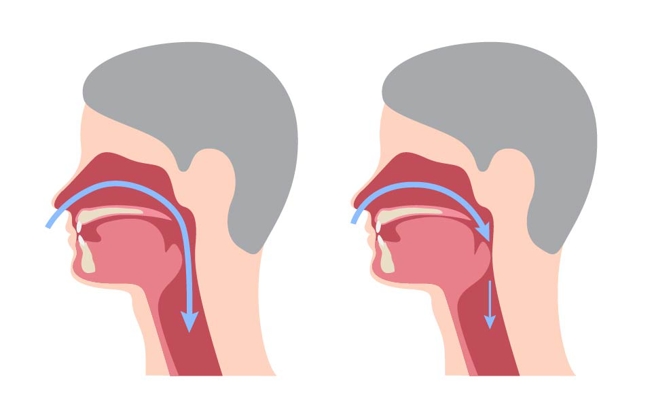Signs and Symptoms of Multiple Myeloma
- Category: Cancer, Oncology, Parrish Cancer Center
- Posted On:
- Written By: Parrish Healthcare
.jpg)
While multiple myeloma is rare, the American Cancer Society estimates that there will be 32,100 new cases in the United States by the end of 2019. Since multiple myeloma symptoms can be mistaken for other ailments, and in some cases, symptoms may not be present at all, it’s important to know the warning signs and what can put you at risk of developing the disease.
What Is Multiple Myeloma?
Multiple myeloma forms in plasma cells — a type of white blood cell that helps you fight infections. Normal plasma cells live in bone marrow (the softer tissue inside the bone) and are a vital part of the immune system. It’s not clear what causes multiple myeloma, but medical professionals have confirmed that it starts with one abnormal plasma cell in the bone marrow. Abnormal plasma cells multiply rapidly, produce abnormal antibodies, and may cause the following health complications:
- Kidney damage
- Bone problems
- Low blood count
- High levels of calcium in the blood
- Nerve damage
Common Symptoms Related to Multiple Myeloma
Diagnosing multiple myeloma may be difficult because it can mimic other illnesses, including arthritis, diabetes mellitus or influenza. However, if the following symptoms persist, it could be a strong indication of multiple myeloma.
- Frequent urination
- Increased thirst
- Edema in the legs
- Loss of appetite
- Numbness in the legs
- Constipation
- Fatigue
- Losing weight
- Nausea
- Pain in the bones
- Chronic fever
What Are the Risk Factors for Developing Multiple Myeloma?
There are several risk factors for developing multiple myeloma, including:
- Having other plasma cell diseases
- Obesity
- A family history of cancer
- Aging
- Men are more likely to develop this condition
Preventative Methods
A daily diet that focuses on low-fat foods is one of the best ways to help prevent multiple myeloma. A proper diet should also include the following:
- Whole grains
- Fresh produce
- Lean meats
- Low-fat dairy foods
How Is Multiple Myeloma Treated?
If you’ve been diagnosed with multiple myeloma, your treatments will most likely begin right away. There are several types of treatments available:
- Radiation therapy
- Bone marrow transplant
- Chemotherapy
- Biological therapy
- Targeted therapy
- Stem cell transplants
- Blood transfusions



